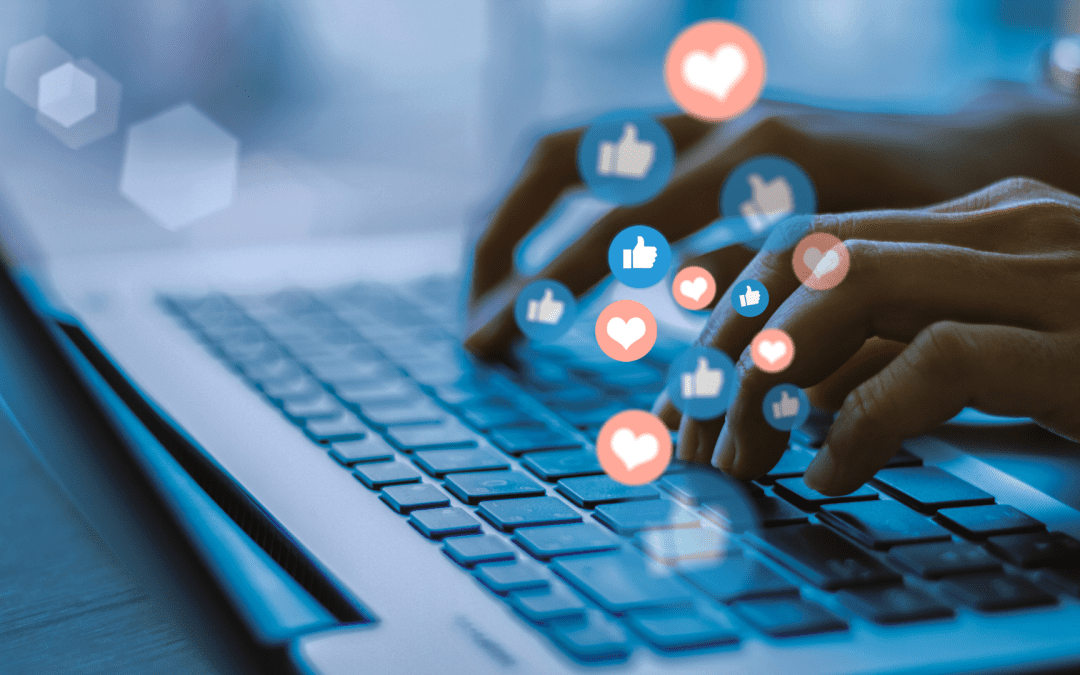Social media is so much part of our everyday lives. For artists and creators, social media can feel essential for promoting your work, building or presenting your artistic ‘identity’, staying up to date with collaborators, jobs, labels, promoters, agents, performances, workshops, creative tech, meetings, news, reviews and so much more.
Social media can be helpful to feel part of a community and connect with fans and potential collaborators. It can be a source of helpful information and of course a potential revenue stream.
But that endless scroll can easily become overwhelming. It can make you feel you are not good enough, not doing or creating enough, not achieving enough (or doing as well as other artists). This can fuel anxiety, depression and burnout. Rather than make us feel connected, social media can end up making us feel totally isolated and alone.
Our advice on social media use for artists and creators is co-authored with BAPAM psychotherapists Fiona Macbeth and Kitty Lester.
Tips for Managing Social Media
- Limit the amount of time you spend on social media each day. Use a timer on your phone for each social media platform and set limits that are reasonable in order to achieve what you need… and no more
- Be intentional about your use of social media. Decide how you want to exist online as a creator and what your account is for. What does online success and engagement mean for you? It may be that quality and authenticity have a greater impact on engagement in terms of audience attendance or sales than quantity.
- Don’t go on social media if you are feeling vulnerable or low. That post can wait another day so have a break. Always try to avoid social media first thing in a morning and last thing at night
- Think about having different social media accounts for ‘artistic’ and your ‘personal’ life. People use social media to create very specific images of themselves, not a true, warts and all, version. You probably want a different image for work and private, so why not keep them separate?
- Why not delete a platform if it is bringing you more pain than joy? You might initially have a fear of missing something, but this will ease with time, and also put you back in control
- Turn off push notifications. Manage your social media feed, think about what alerts YOU want, and what you can wait to find out about later. Try leaving your phone in another room for 20 minutes
- Could someone help you with your social media presence and posts? Is there someone on your team, or you could employ, to promote you on platforms and help create your image?
- If you are criticised on social media or even worse face abuse, work on letting it go and don’t hold onto it
- Try to avoid comparing yourself to others on social media, and remind yourself, it’s not real! Be careful of self-sabotaging by looking for reassurance about yourself on social media
- Finally try to put some positivity out there too, with kind comments, encouragers or just positive generic messaging, as an alternative to the self promotion
- Don’t just sit in front of the screen. Take breaks, stand up and move around. And look after your eyes. To avoid tired eyes and headaches, try using the 20, 20, 20 rule – for at least 20 seconds, every 20 minutes, look at least 20 feet away
Related information
Online abuse or cyberbullying can have severe emotional and mental health consequences. Report the abuse to the platform or social media site where it’s happening. Block or mute the individuals involved to limit your exposure to hurtful content. The agencies below can help:
Seyi Akiwowo who set up Glitch, a charity to stop online abuse, advises that you should perform an online audit to analyse your digital footprint. Delete old accounts and set strong passwords to protect against hacking. Delete and block abusers and report when you feel ready, both to the platform and the police.
How to Stay Safe Online: A digital self-care toolkit for developing resilience and allyship by Seyi Akiwowo
If you are based in the UK and worried about your mental health find out about mental health support at BAPAM.
Our factsheets and resources include advice about physical, mental, vocal and hearing health.
BAPAM’s free online healthy practice training workshops share knowledge and skills to help you prevent problems and enjoy a sustainable creative career.
Resource Information
Published: August 2022
Last reviewed: August 2025

